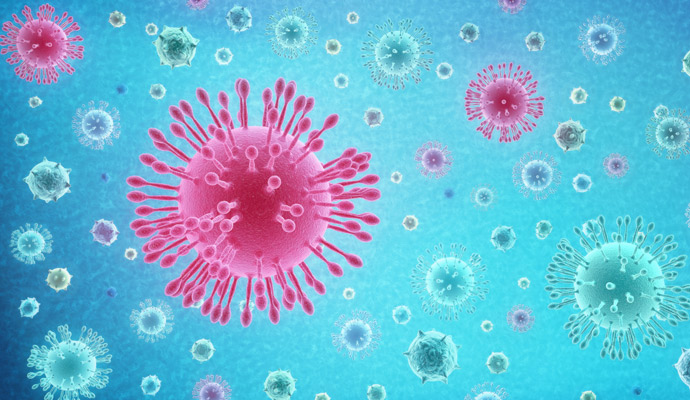FDA Allows Coronavirus Diagnostic Testing in Certain Hospital Labs
The new FDA policy will expand novel coronavirus diagnostic testing to certain clinical laboratories, including those in hospitals.

Source: Getty Images
- In order to achieve more rapid coronavirus diagnostic testing capacity, the FDA will allow certain clinical laboratories, including some hospital labs, to use diagnostic kits developed in-house to test their patients for COVID-19.
“We believe this policy strikes the right balance during this public health emergency,” FDA Commissioner Stephen M. Hahn, MD, stated in an announcement. The new policy released on Feb. 29 “reflects our public health commitment to addressing critical public health needs and rapidly responding and adapting to this dynamic and evolving situation,” Hahn added.
The novel coronavirus (COVID-19) is rapidly spreading across the world, including the US where there have been 43 confirmed cases and two deaths, according to the CDC’s data at the time of publication.
The disease first detected in Wuhan City, Province in China last December has been declared a public health emergency of international concern by the International Health Regulations Emergency Committee of the World Health Organization and HHS Secretary Azar later confirmed the disease’s US public health risks in a declaration on Jan. 31.
The potential public health risk posed by the novel coronavirus is high, FDA added in its latest announcement, meaning rapid detection of cases and contacts, appropriate clinical management and infection control, and deployment of community mitigation efforts are critical.
“This can best be achieved with wide availability of testing capabilities in health care settings, reference and commercial laboratories, and at the point of care,” the agency said regarding its new policy.
The policy will allow certain laboratories to develop and immediately use validated COVID-19 diagnostics even before the FDA has completed review of their Emergency Use Authorization (EUA) requests.
“The global emergence of COVID-19 is concerning, and we appreciate the efforts of the FDA to help bring more testing capability to the U.S.,” said Nancy Messonnier, MD, director of the CDC’s Center for the National Center for Immunization and Respiratory Diseases (NCIRD).
In guidance that immediately took effect late last week, the FDA explained that the policy will only apply to laboratories that are certified to perform high-complexity testing consistent with requirements under the Clinical Laboratory Improvement Amendments, which regulate laboratory testing and require clinical laboratories to be certified by CMS before they can accept human samples for diagnostic testing.
The FDA guidance detailing the new policy also provides recommendations for test developers, including information on test validation, FDA notification, and interim confirmatory clinical testing.
Industry leaders expect the policy to improve the country’s response to the novel coronavirus, which is expected to affect more individuals in the wake of the first confirmed community spread case.
“This step may reduce development costs, speed the process for availability at more testing sites, incentivize private development and, ultimately, help save lives,” Rick Bright, PhD, director of the Biomedical Advanced Research and Development Authority (BARDA), part of the HHS Office of the Assistant Secretary for Preparedness and Response, said in the FDA announcement. “At BARDA, we are identifying industry partners to develop rapid diagnostics that can be used in commercial and hospital labs or even doctors’ offices so that medical professionals and their patients have the information they need to take action.”
The government has face severe criticism for not providing enough diagnostic testing to curb the spread of the novel coronavirus. National news sources reported earlier today that diagnostic tests for the disease used in an Atlanta laboratory may have been contaminated.
CDC officials admitted this weekend that limits on testing capacity and strict criteria for testing have delayed the detection of new coronavirus cases in the US, The Hill reported.
The new policy from the FDA, however, is expected to support faster detection and diagnosis of the novel coronavirus.
CDC also recently released guidelines for healthcare facilities to take to prepare for the spread of the novel coronavirus, including developing or reviewing emergency plans, establishing relationships with key healthcare and public health partners, and communicating with patients and staff about the disease.
Additionally, the agency recently developed a new ICD-10-CM diagnosis code for the novel coronavirus, which will be effective with the next update on Oct. 1. The announcement followed CMS’ release of a new billing code for healthcare facilities and clinical laboratories testing patients for the disease.
